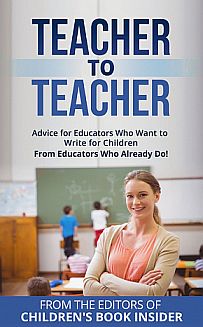
by Laura Backes
You’re a teacher. You spend your day around kids, reading to them, teaching them how to write, helping them find books of their own to love. You catch yourself noticing little events in your students’ lives and jotting them down. Your ears are tuned to scraps of dialogue on the playground. You spend hours choosing just the right books to bring into your classroom, ones that will open up the minds of your students, teach them about the world, and spark their imaginations. And through it all, a little voice inside your head keeps asking, “Could I write a children’s book?”
Absolutely!
As a teacher, you’ve got a terrific advantage over other aspiring writers for several reasons:
You know your audience. You spend hours every work day with your future readers. You know what they like, and what they don’t. You can observe all the dynamics of kids and teens interacting with their peers, and often get a glimpse into their family lives as well. You understand the social pecking order, current trends, and how a student who is a wallflower in gym class can blossom in science or art. Simply paying attention to who your students are gives you a big step up for creating believable, interesting characters for your stories.
You have a window into your readers’ minds. Listening to how students talk to their friends, their adversaries, and to you and other teachers gives you a good sense of how they feel about themselves. You’ll also have a handle on writing dialogue that doesn’t sound like it’s coming from an adult. When students are involved in creative activities like art or writing, you get a glimpse at how their minds work and what’s important to them. This helps you write books that are relevant to your readers.
You see what excites young thinkers. No matter what subject you teach, you have to engage your students. In doing so, you learn how to present your topic in the most interesting way. Whether it’s a class of preschoolers watching a caterpillar morph into a butterfly, or eighth graders learning about the civil rights movement, you’ll be the first to grasp what makes students want to learn more. You’ll also know instantly when they tune out from boredom. This inside information will give you plenty of ideas for new books.
You love kids. The bottom line is, if you want to be a successful children’s book writer, you have to actually like your audience. You have to understand, and respect, how they see the world and get through their day. I’m guessing these are some of the reasons you went into teaching in the first place. So you’re already half-way there! And the next step is easy:
Click here to get our free ebook, Teacher to Teacher: Advice for Educators Who Want to Write from Educators Who Already Do!
Packed with information and inspiration from teacher/writers, this ebook will start you on your way to turning your teaching experience into a career as a children’s book writer. It’s yours free as our gift.
So teachers, let’s review: You’ve got the mindset of a children’s book writer, you’ve got access to your future readers, and plenty of inspiration for books. What are you waiting for?
Tags: teachers
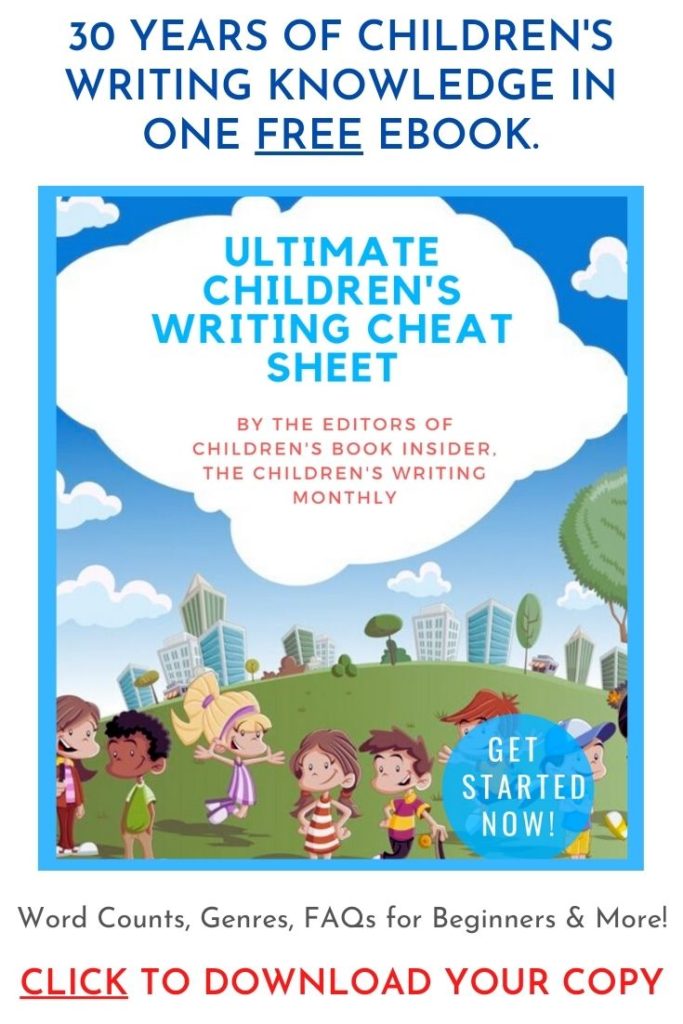
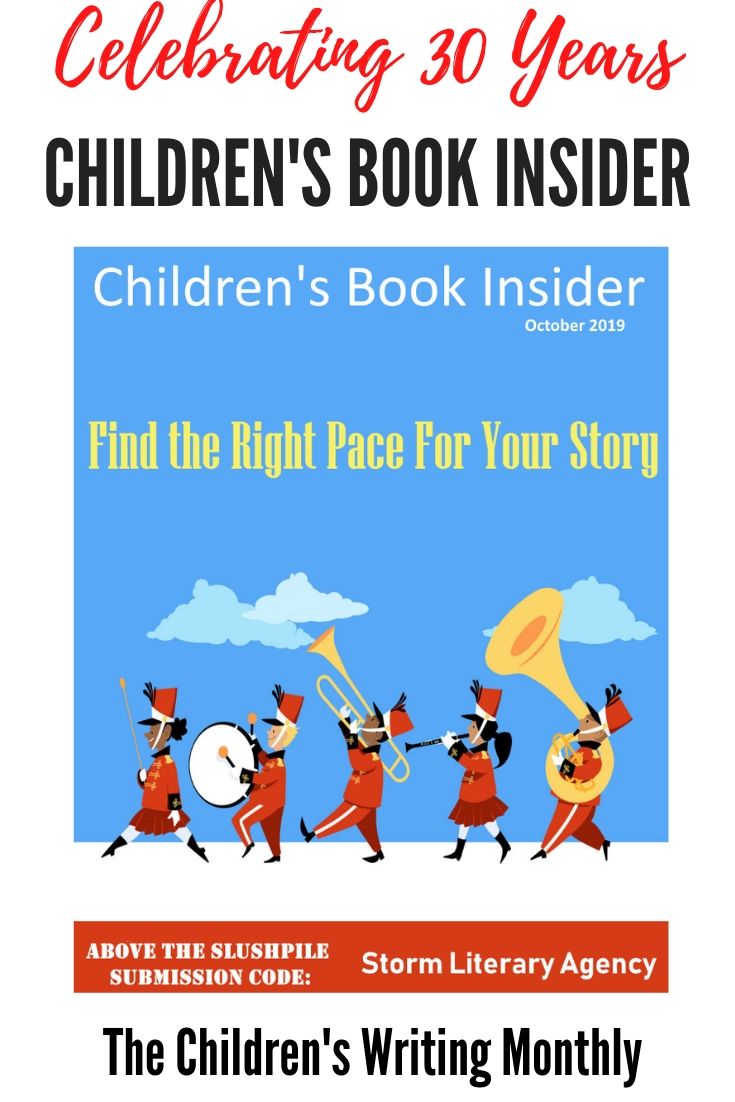
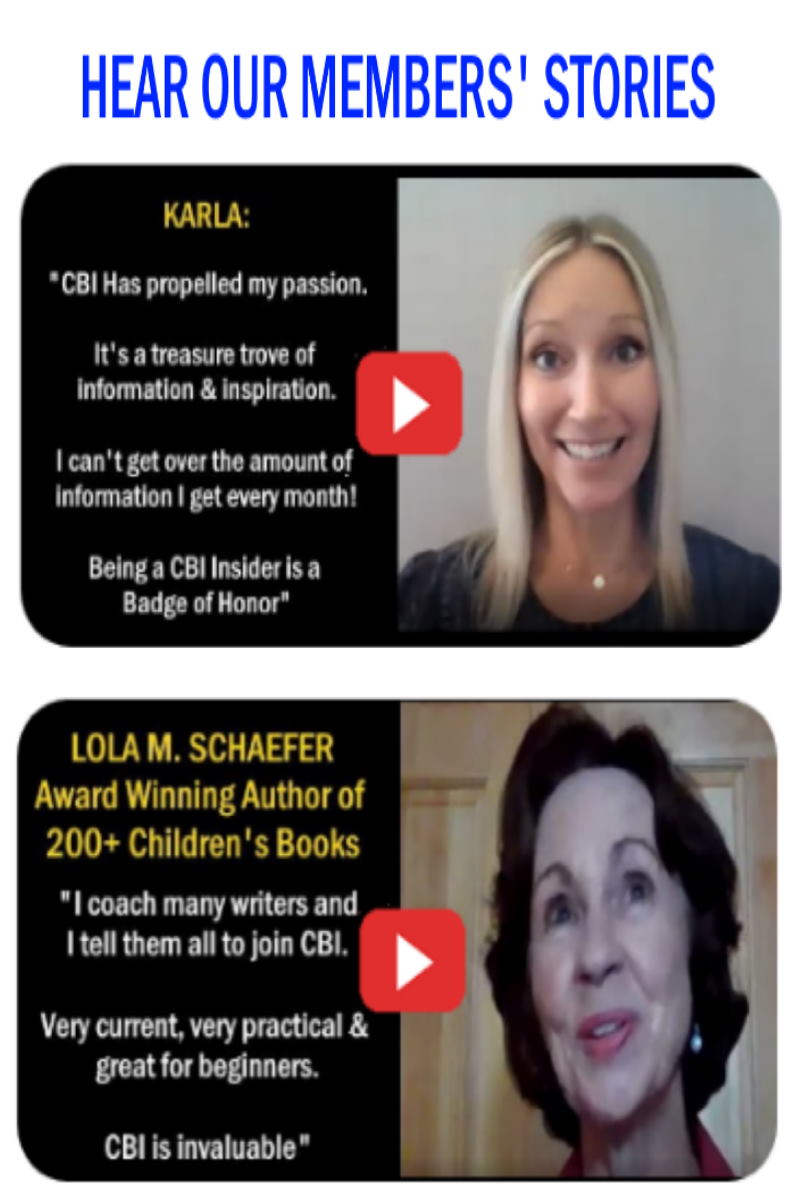
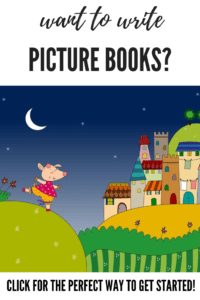


Beautifully written and still relevant to retired educators. Bless all the hard-working teachers today, in and out of the classroom.